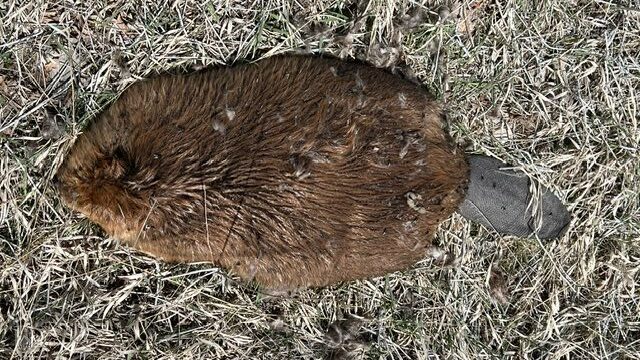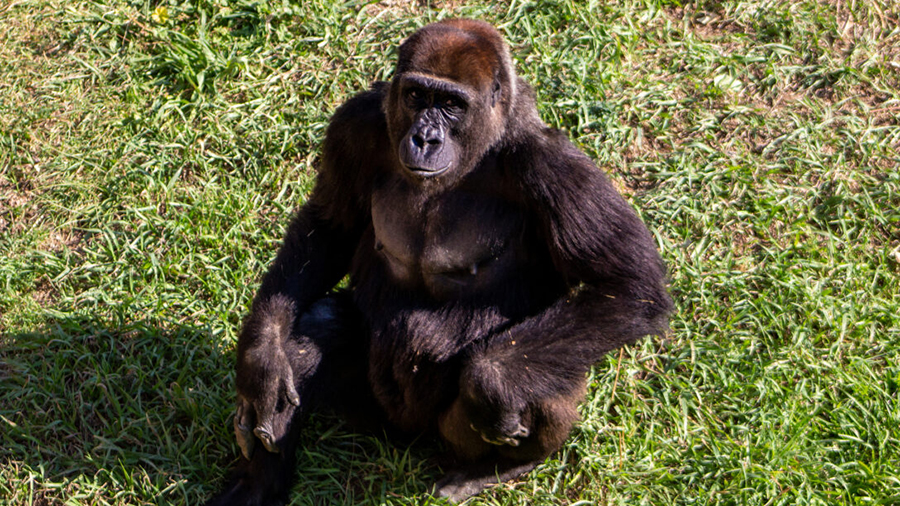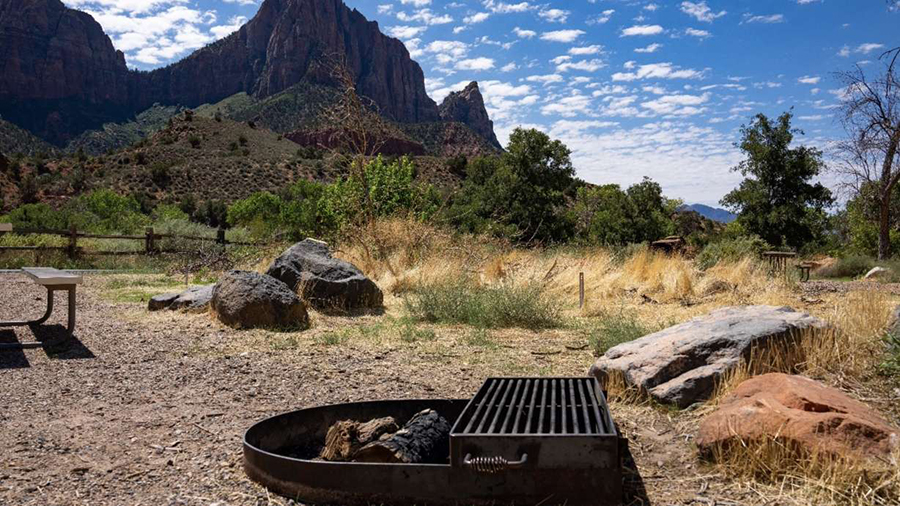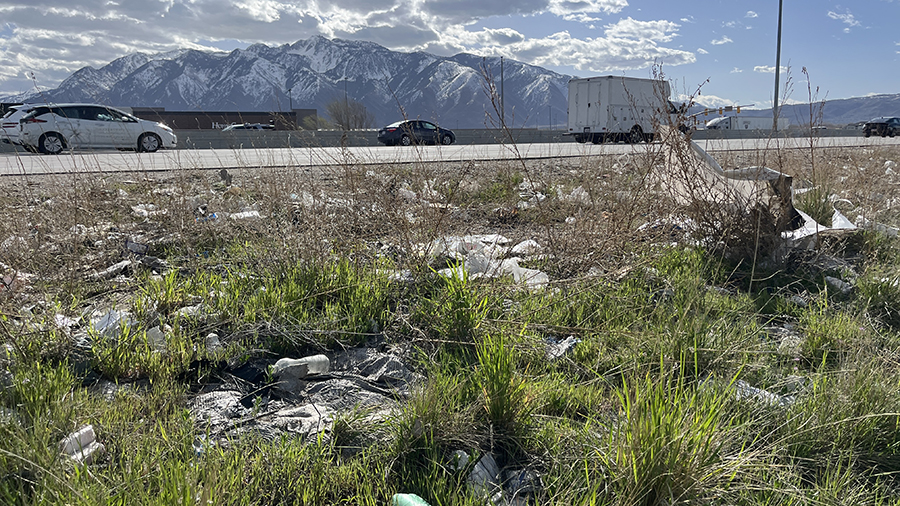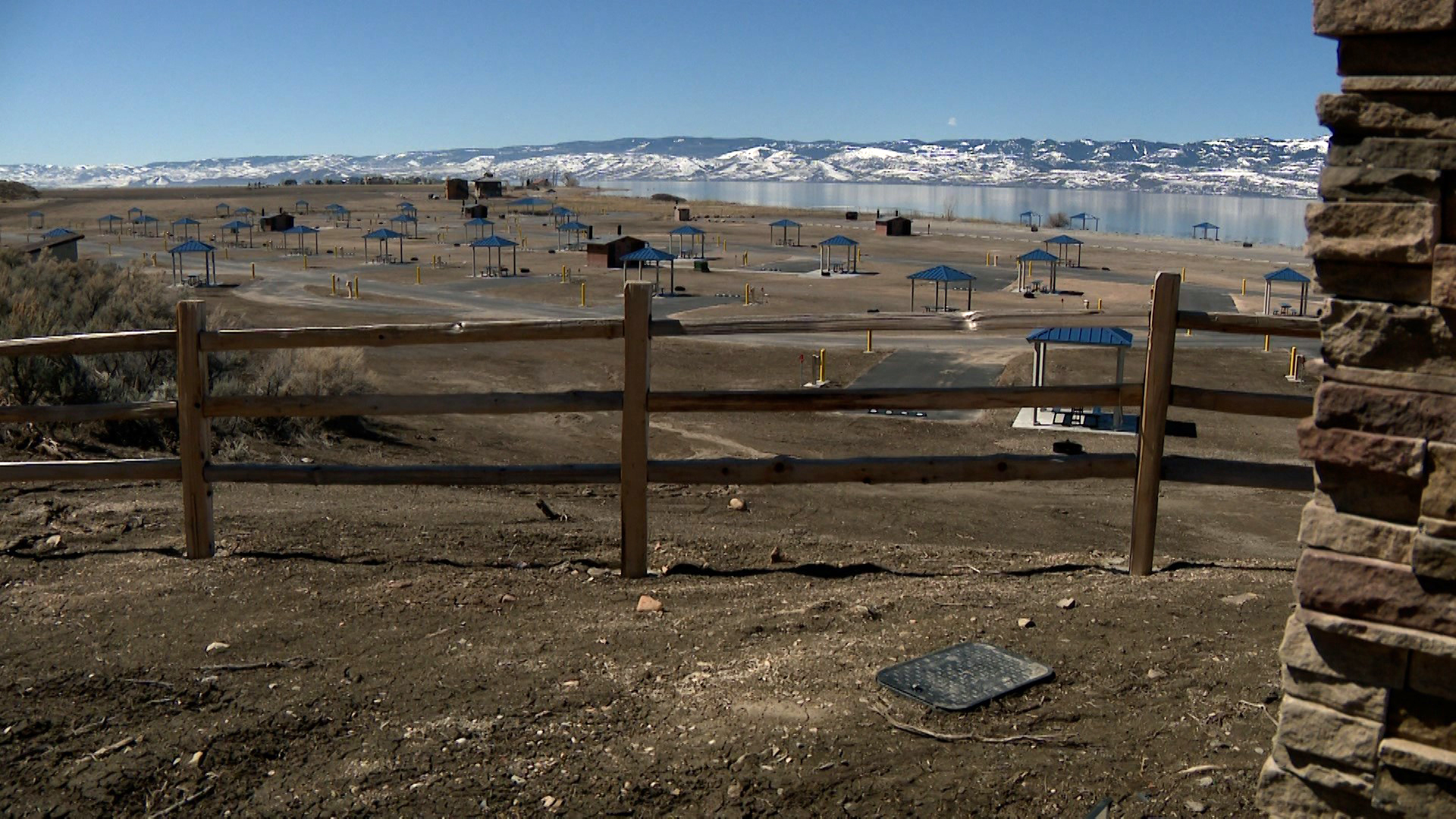New Research Says ‘Go Outside. It’s Good For You!’
Apr 4, 2020, 12:08 PM | Updated: 2:43 pm
SALT LAKE CITY, Utah – Does the coronavirus make you feel seriously cooped-up and a little bit stir-crazy? Well, here’s an idea: just go outside. Nature is good for you.
There’s certainly nothing surprising about the idea that spending time in the Great Outdoors can be beneficial. Poets and philosophers have been writing about it and lots of moms have been saying it for thousands of years.
“Just go out for a while! You’ll feel better!” people say.
Science is beginning to confirm that conventional wisdom. There’s growing research evidence that getting out and recreating in nature is not only good for your body, it’s good for your brain.
“Being in and around living things and being in nature makes us happier and healthier and more creative,” said David Strayer, a professor in the University of Utah Department of Psychology.
Strayer has spent 10 years studying the effects on bodies and brains as people experience close contact with natural settings. He literally wires up volunteers while they perform tasks on campus or while on camping expeditions in southeastern Utah.
Electrodes attached to their skin are used to measure biological activity.
“Physiological measures, measures from the heart, from the head,” Strayer explained. “Putting electrodes on and looking at brain activity as people experience nature.”
It turns out that the benefits are not just some poetic metaphor about nature being good for the soul. There are measurable effects on the body and brain such as changes in heart rate, levels of stress-related hormones, and activity levels in various regions of the brain.
“We see that’s correlated with reductions in stress, improvements in creativity, and overall, better feelings of well-being,” Strayer said.
His research has included standardized tests of creativity to see if volunteers perform differently in natural outdoor settings than they do in urban locations surrounded by modern technology.
“What we found was a 50 percent improvement in creativity after people had kind of left all that technology behind and spent four days in nature,” Strayer said.
Strayer’s research is prominently featured in Florence Williams’ book, “The Nature Fix,” which explores the emerging scientific evidence.
“Even after just 15 minutes of being outside, our blood pressure drops, our heart rates drop, our cortisol stress hormones drop,” Williams said in an interview at Salt Lake City’s Red Butte Garden. “There’s something that happens really quickly to make us feel better.”
She said the added scientific credibility of Mom’s age-old advice is already changing institutional approaches to health.
“To the point where now 72 clinics in the United States have doctors that are prescribing time outside to their patients,” Williams said. “They call them ‘parks prescriptions.’ More insurance companies are now covering doctor-time outside, taking their patients on walks, things like ‘walk-with-a-doc’ programs.”
If it’s true that our brains and bodies do better in nature, maybe it’s because we have it in our genes. After all, nature is where we came from.
“That goes back hundreds of thousands of years,” Strayer said. “That is our evolutionary history.”
“It makes sense to me that we feel better,” Williams said. “But I think now we have this explosion of science and research actually documenting the changes in our brains and our bodies. It’s a very exciting time.”
So, in times when the coronavirus is driving us indoors and in front of devices with screens, science seems to be saying, “Take a break, get back to nature, go back to our native environment.”
In these times of trouble with the coronavirus, though, experts say if you do go outside, please keep your social distance from others. It’s better for everyone.


